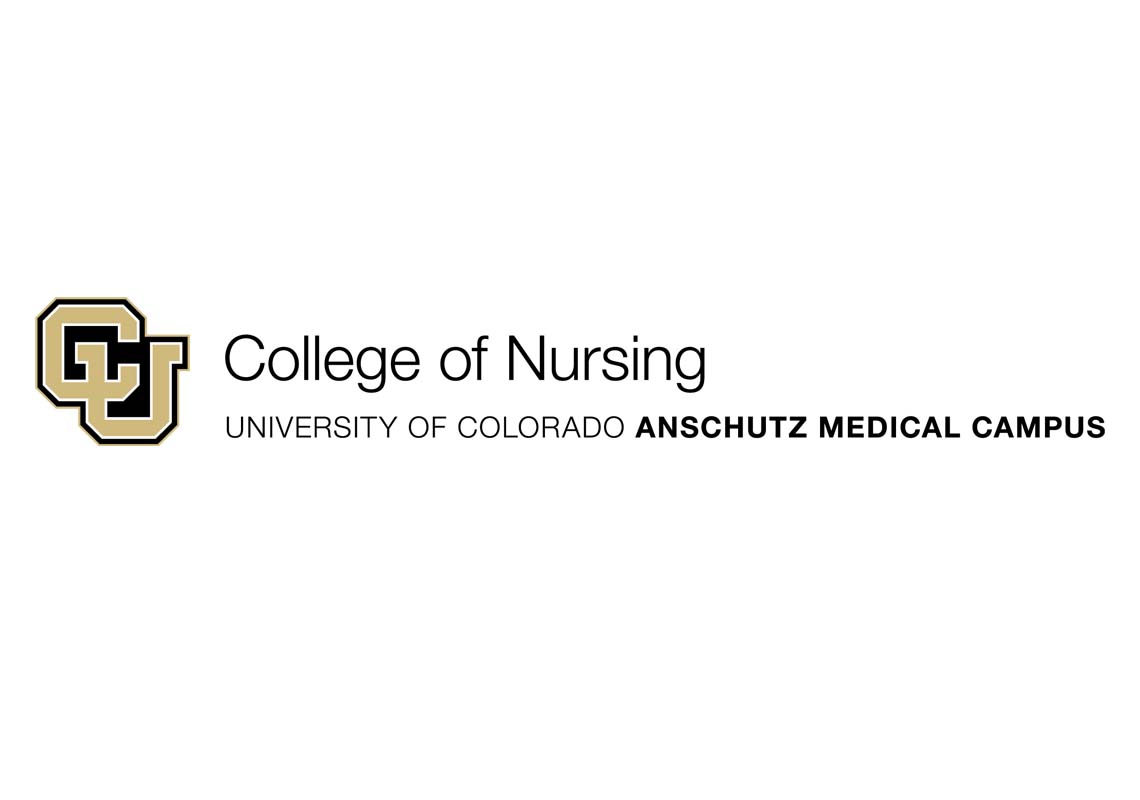Mental health issues take center stage. CU Nursing program responds.
Debra Melani | College of Nursing Jun 24, 2019
Back then, Prozac was an unknown drug, not a household name, and a deadly opioid epidemic was the stuff of science fiction novels. But today, with 72,000-plus drug-overdose deaths and more than 46 million Americans facing a behavioral health issue each year, health care has changed.
Now the birthplace of the nurse practitioner field is changing with it.
For the past two years, CU College of Nursing faculty and staff members have been working with students, alumni and other health care experts, creating a curriculum that prepares its Family Nurse Practitioner graduates for today’s complex medical needs.
Slated for rollout this fall 2019, the revamp strategically incorporates behavioral health in nearly every FNP specialty course.
Behavioral health takes center stage
“When we provide FNPs out in the world, we want to make sure they are equipped for anything that comes in the door,” said Glenda Robertson, MA, RN, instructional design manager. Today, that must include mental health issues, she said.
Robertson co-authored an article with practicing faculty members Krista Estes, DNP, and Rosario Medina, PhD, on the revamp (recently published in The Journal for Nurse Practitioners). Her colleagues report observing a combination of physical and behavioral issues every day when they see patients.
“It’s not odd,” Robertson said. “It’s the norm.”
As Ford did 54 years ago, CU Nursing’s FNP program must address the needs of its population, Medina said. “We do that by educating innovative leaders of tomorrow, nurse practitioners who can advance the practice and improve the health of a diverse population.”
Location, physician shortage test FNPs
FNPs frequently work in rural areas, where a lack of specialists can place them on the frontlines. Combined with an increasing primary-care physician shortage, the entire U.S. FNP profession (270,000 strong and growing) must step up and help fill a multi-faceted void at the exam table, experts say.
“I absolutely need to be a psychiatrist in my practice on a daily basis because of our limited access here,” said CU Nursing alumnus Tara Taylor, FNP. Only one or two psychiatrists cover Frisco and its surrounding rural mountain area, which her Ebert Family Clinic serves.
“I’m managing significant numbers of patients on multiple psychiatric medications,” she said. “I’m managing mood stabilizers, anti-depressants, antipsychotics — even on teenagers right now.”
New curriculum answers call for more training
Estes, specialty director of CU Nursing’s Family Nurse Practitioner Program, said feedback consistently included a need for training on treating mental health issues. Depression, anxiety and substance abuse ranked as the top three, she said.
“We’re developing a mental health scenario addressing a family of four that lives in a rural community that struggles with these issues,” Estes said of her curriculum design team. “We’re bringing this ‘family’ to life throughout the courses, so that we talk about psycho-social issues even between family dynamics,” she said, noting that one of the teens gets pregnant and develops post-partum depression.
Curriculum changes also answer the call for a whole-person-focused health-care model, Robertson said. “It’s a nationwide call to integrate physical and behavioral health, especially with the increase in chronic disease,” she said. “The two are often related,” she said, using heart disease and depression as one example.
Screening tools, case studies part of new course work
Working with mental health colleagues, the team designed an entire class around the complicated issue of mental health screening and tools, Robertson said.
“When you have a cut on your arm, the problem is pretty obvious. It may not be as obvious if someone is clinically depressed or suicidal,” Robertson said.
“And, how do you apply that screening in a primary-care setting when a patient might be there for something completely different?” For instance, a patient comes in for a headache but screens suicidal. “How do you bring that conversation around?”
Using the hypothetical family plagued with mental-health issues, the courses will teach students through cases studies, Estes said. Students will learn prescribing for specific illnesses along with other non-pharmacological treatments, such as cognitive behavioral therapy, she said.
Campus advantage helps CU Nursing lead
All CU Anschutz Medical Campus programs are in a unique position because of their strong clinical partnerships with Children’s Hospital Colorado, the Department of Veterans Affairs Medical Center and UCHealth University of Colorado Hospital, which are all within walking distance, Robertson said. “That helps our curriculum stay current.”
CU Nursing has even more student-clinical connections with its clinics and health services (DAWN, Sheridan, Bellview Point).
Estes said the major curriculum overhaul puts CU Nursing at the forefront, and faculty and staff will present the revamp at conferences next year for other nursing schools to model.
“CU Nursing is the pioneer of the nurse practitioner role,” Estes said. “I think that this is just another example of continuing to be that pioneer.”